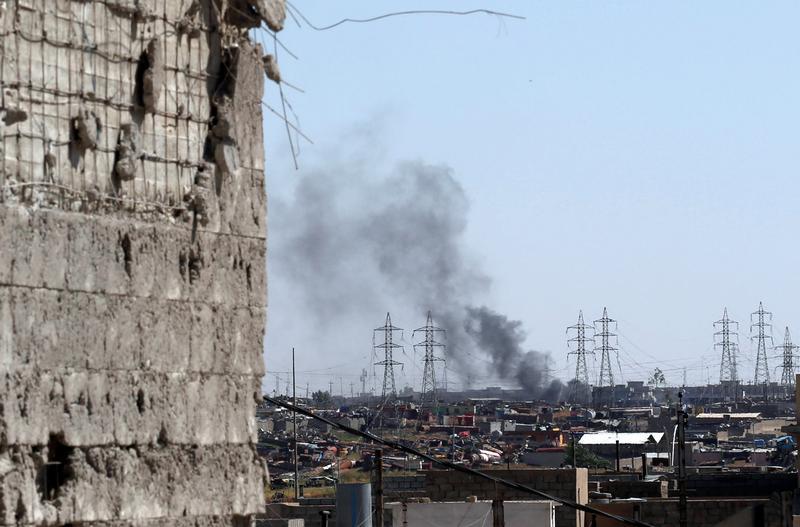It is well known that civilians have been killed during the US-led coalition’s military operations against ISIS in Iraq and Syria since 2014, but almost two years on from some of the heaviest bombing in the cities of Mosul and Raqqa, the coalition’s own estimates of civilian deaths are far below public estimates.
One coalition member deserves praise for choosing transparency over the normal wall of silence. As it has done in previous incidents, on February 1, 2019, the Australian Defence Force (ADF) acknowledged it might have caused between 6 and 18 civilian casualties in a strike on a Mosul neighborhood on June 13, 2017.
Australia has come a long way from March 2017 when the ADF admitted it did not track data on civilian casualties in Iraq and Syria.
While the willingness to review historical cases is welcomed, the delay in the findings laid out in the statement are concerning, as is the failure of ADF investigators to visit the strike site and to interview survivors. It took the Australian Broadcasting Corporation less than 12 hours to find and interview survivors after the ADF publicly released its findings. Those survivors said that 35 civilians were killed in the attack.
If Australian journalists can swiftly identify and interview eye witnesses nearly two years after the fact, then surely the ADF could have done this too. Conducting thorough investigations is a key step in ensuring Australia is meeting its obligations to civilian victims in Iraq. If after conducting robust investigations, Australia concludes any of its attacks were unlawful, then it should also ensure reparations for the families of the victims. A mechanism should be put into place to make this possible.
The ADF’s choice to set a better standard than other coalition members and review historical claims is laudable, and it should continue to do so. But it must ensure investigations are rigorous and can lead to redress for victims.
Source


 RSS Feed
RSS Feed